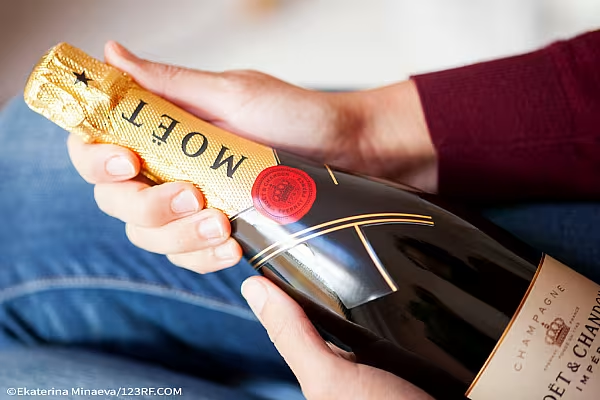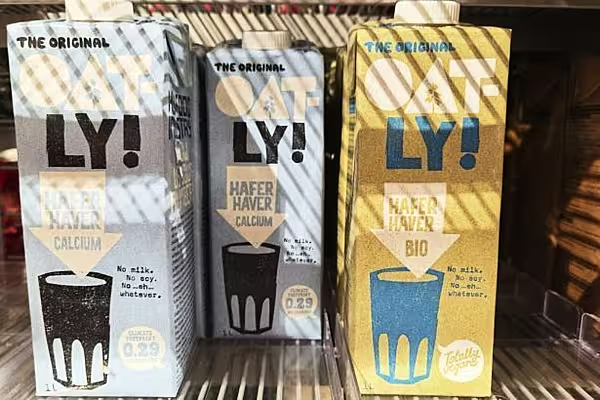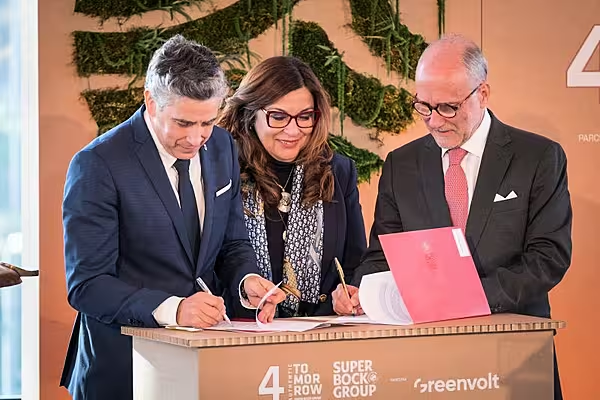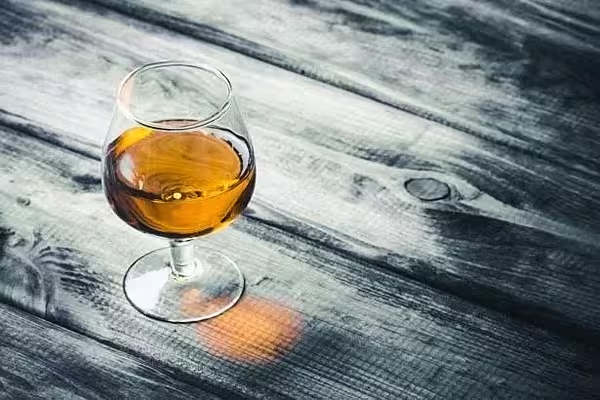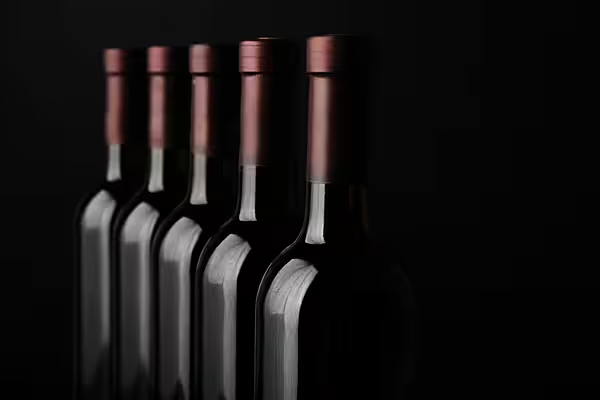Moët & Chandon owner LVMH is optimistic about high-end spending in the United States but it struck a cautious note on the pace of recovery in the key Chinese market.
LVMH reported better than expected second-quarter sales, with robust US growth and a recovery in Europe offsetting declining revenue in Asia, where lockdowns in China disrupted business.
The French company, which owns dozens of high-end labels ranging from Tiffany to Moët & Chandon, has tapped strong post-pandemic demand for its designer labels as socialising resumes and shoppers spend savings accumulated during the pandemic, brushing off concerns about turbulent stock markets and rising prices.
LVMH's sales rose 19% year on year to €18.73 billion ($18.95 billion) in the three months to 30 June, beating analyst expectations for €17.13 billion in a Visible Alpha consensus cited by UBS.
Regional Performance
But revenues fell by a "heavy double-digit" in China, the group's finance chief Jean Jacques Guiony told analysts as a result of COVID-19 restrictions imposed from mid-March.
He flagged some improvement in the Chinese market toward the end of the quarter, but said it was "nothing very significant", adding that store traffic in the country was still "well below" last year's levels.
Guiony said some luxury spending shifted to Europe as travelling US tourists took advantage of the strengthening dollar and was more upbeat than some rivals about a possible US recession affecting demand for high-end goods.
"We are very optimistic with regards to the US and a little bit 'wait-and-see' with regards to China," Guiony said, adding it was too early to say how strongly the Chinese market would rebound.
Read More: Rémy Cointreau Confident After China Sales Rebound
No Pushback From Consumers
The group has seen no pushback from consumers after most labels increased prices by between 3% and 8%, Guiony said, adding he did not expect the group to make big moves on the pricing front in the second half of the year.
Operating margins in the fashion and leather goods division, which is led by Louis Vuitton and Dior, improved further in the quarter to reach 41.4%. Guiony said that kind of level, one of the highest in the industry, was "here to stay."
Sales in the wine and spirits division bounced back strongly from logistical and supply constraints earlier in the year, growing 30%, while selective retailing, which includes cosmetics brand Sephora, rose 20%.
Wine And Spirits In The First Half
LVMH's wine and spirits division reported organic revenue growth of 14% to €3.3 billion in the first half, while profit from recurring operations was up 25% compared to the same period last year.
Against a backdrop of strong demand, champagne volumes were up 16% compared to the first half of 2021, leading to increasing pressure on supplies, LVMH noted and added that momentum was particularly good in Europe, the United States and Japan.
For Hennessy, the impact of health restrictions in China and logistical disruptions in the United States was offset by the strong rebound in the second quarter linked to a catch-up in deliveries to the United States and a firm policy of price increases, LVMH added.
In this period, Moët Hennessy signed an agreement to acquire the Joseph Phelps Vineyards in Napa Valley, California, thereby strengthening its wine portfolio
News by Reuters, additional reporting by ESM. For more drinks news, click here. Click subscribe to sign up to ESM: European Supermarket Magazine.
